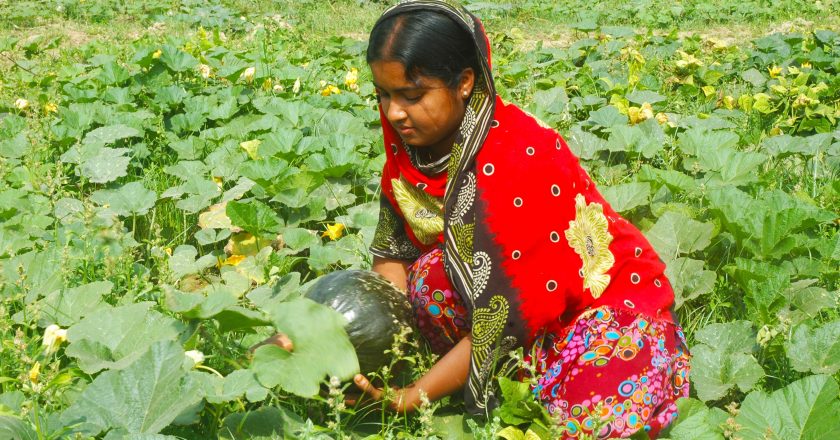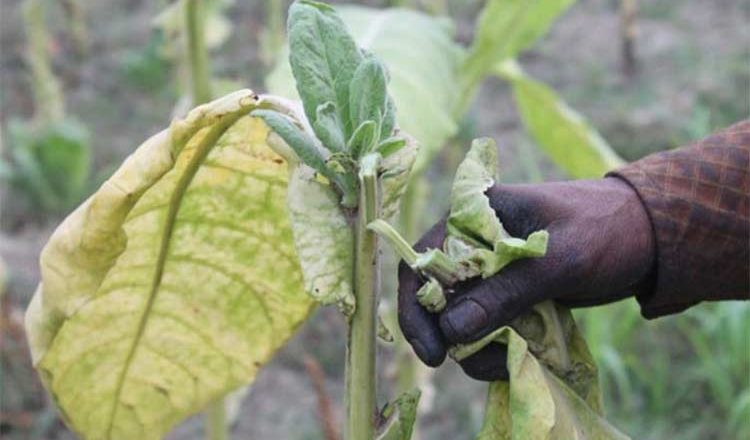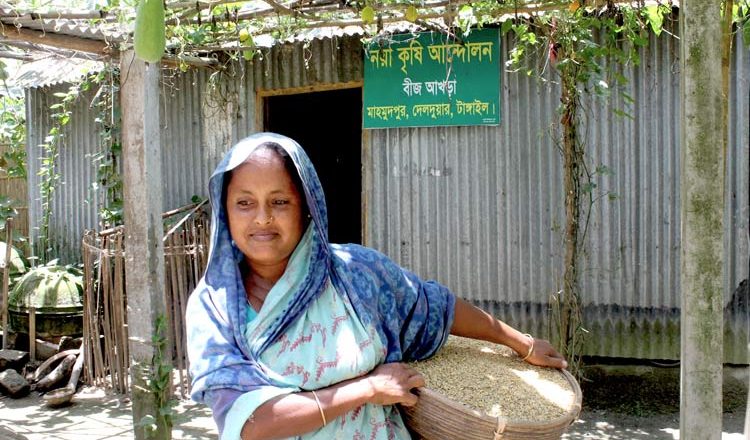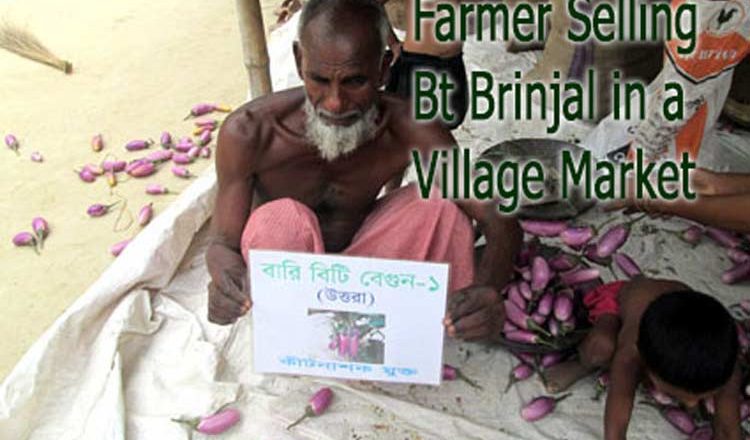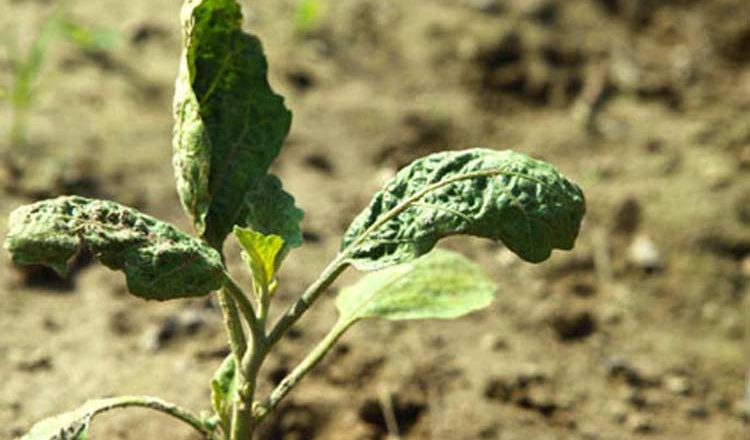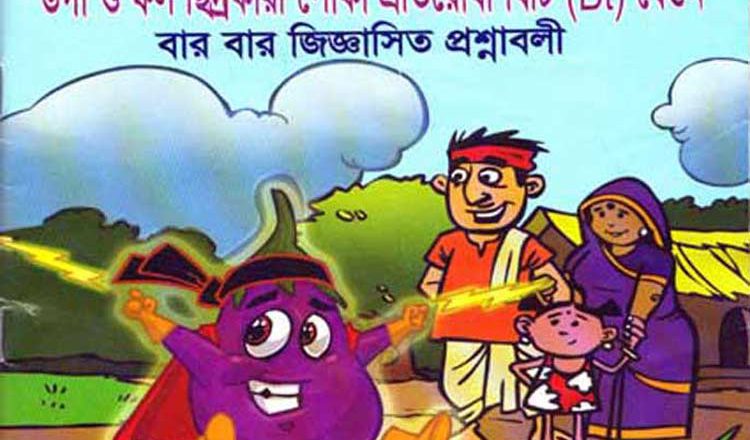Farmers feed people
Farida Akhter || Tuesday 06 April 2021 || READ BY SUBJECT: Development
Farida Akhter
THE report on the State of Food and Agriculture: Innovation in Family Farming (2014) by the UN Food and Agricultural Organisation estimates that 500 million small family farms, owning less than a hectare of land, are the source of more than 80 per cent of the world’s food supply. In Bangladesh small farm holdings (less than 3 acres) constitute 84 per cent of total farming households; medium farms 14 per cent and large farms (over 7.50 acres) are only 9 per cent, keeping to a 2015 Bangladesh Bureau of Statistics report. Reliable vital statistics are notoriously lacking in Bangladesh making a reasonable assessment of the state of agriculture difficult. There are limitations of assessing the state...
